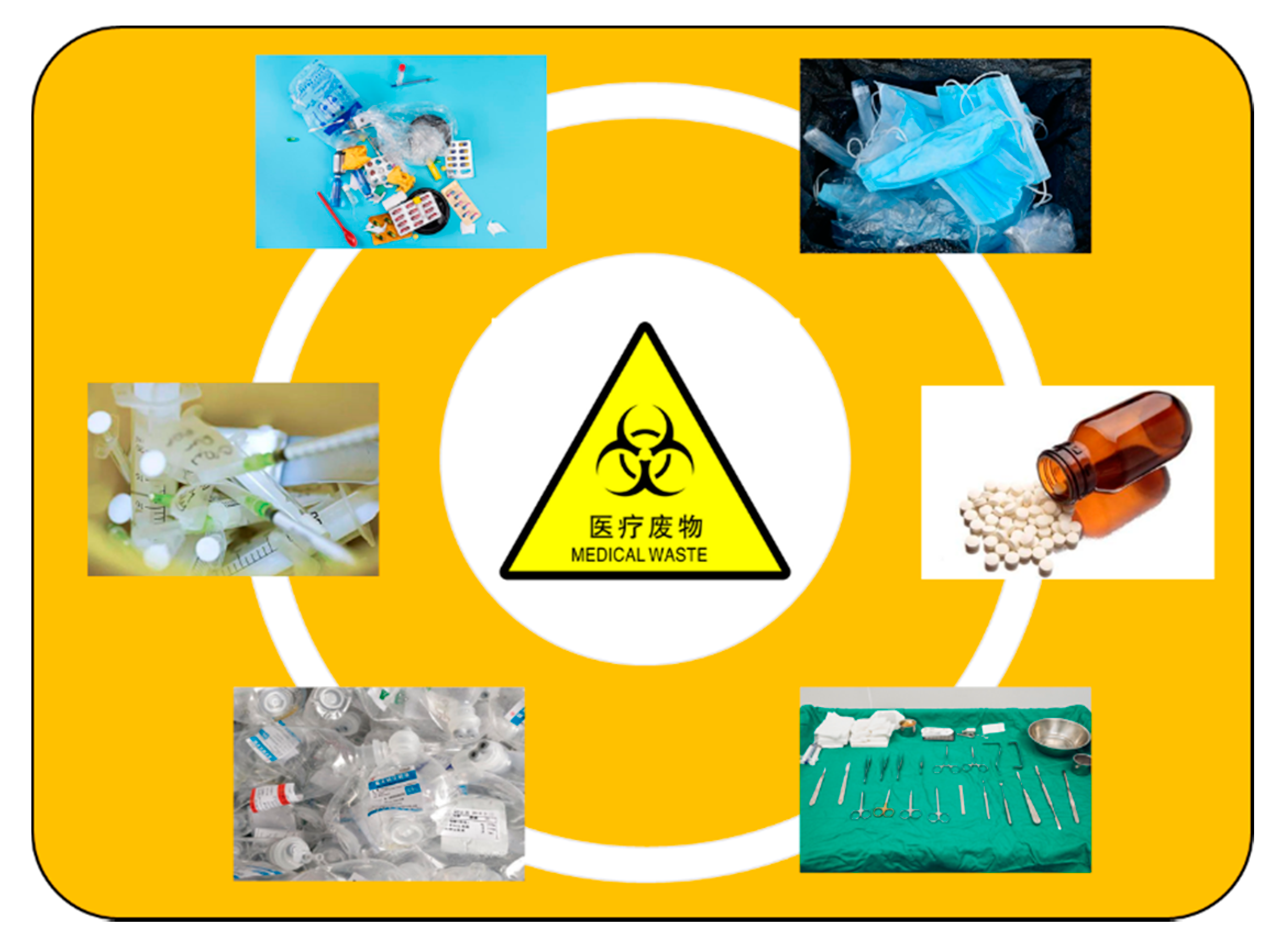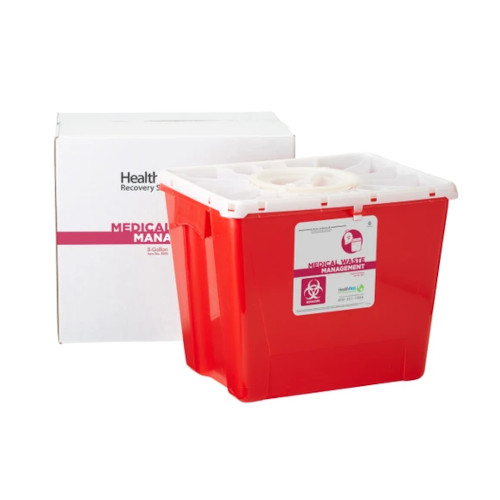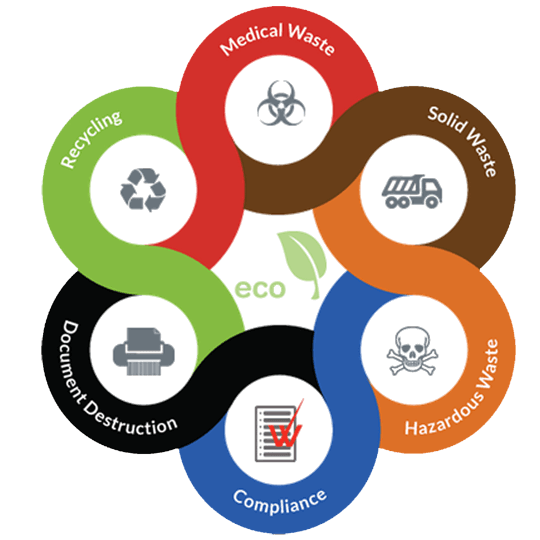Reliable Medical Waste Disposal Services: Partnering for a Cleanser Environment
Reliable Medical Waste Disposal Services: Partnering for a Cleanser Environment
Blog Article
Navigating Medical Waste Disposal: Vital Services for Health Care Facilities
In the complex landscape of healthcare operations, the monitoring of clinical waste is a crucial facet that demands meticulous attention. Healthcare centers, whether little facilities or large medical facilities, are turned over with the duty of handling, dealing with, and throwing away a large range of medical waste streams. The complexities associated with browsing through the regulative demands, making sure proper waste segregation, and carrying out safe collection and transportation procedures are extremely important. Understanding the necessary services that sustain clinical waste disposal is not simply a matter of compliance however additionally a fundamental part in guarding public wellness and environmental health. The complexities of this procedure are vital for medical care facilities, and the experience offered in this world plays a crucial role in keeping the honesty of medical care systems.
Regulatory Conformity Assistance
For health care centers, making certain governing compliance assistance is necessary to preserve appropriate handling and disposal of clinical waste. Following regulations stated by companies such as the Environmental Security Company (EPA) and the Occupational Security and Wellness Administration (OSHA) is important to stop environmental contamination, shield public wellness, and stay clear of possible legal consequences. Governing compliance support provides health care facilities with support on how to appropriately set apart, shop, transportation, and throw away various sorts of clinical waste according to regional, state, and federal laws. This assistance includes assistance in producing and carrying out thorough waste management plans, carrying out routine staff training sessions, and carrying out audits to guarantee ongoing conformity. By partnering with regulatory conformity experts, health care facilities can stay current on progressing regulations, reduce dangers connected with improper waste disposal, and ultimately add to a much safer and a lot more sustainable atmosphere for all.
Waste Segregation Advice

Medical care centers must supply clear guidelines and training to personnel on how to set apart waste successfully. This includes dividing basic waste from dangerous materials such as sharps, transmittable waste, pharmaceuticals, and chemical waste. Color-coded containers, tags, and signs are frequently utilized to help in waste partition practices. Normal audits and tracking of waste segregation procedures are necessary to identify any type of concerns and make required improvements.
Collection and Transport Services

Appropriate collection and transport services are important elements of the medical garbage disposal process in medical care facilities. These services make sure that hazardous materials are handled safely and in compliance with regulations to protect both the atmosphere and public health. Healthcare centers rely upon specialized waste administration firms to give efficient collection and transportation solutions customized to their needs.
Medical waste collection includes setting apart various types of waste at the factor of generation, visit this site using color-coded bags or containers to differentiate between basic, unsafe, pharmaceutical, and various other waste streams. When accumulated, the waste is transported in dedicated cars equipped to deal with hazardous materials securely.
Therapy and Disposal Solutions
In the realm of medical garbage disposal for healthcare centers, after the critical phase of collection and transportation solutions, the focus changes in the direction of applying efficient treatment and disposal remedies. Treatment options often include processes such as autoclaving, which uses steam under stress to decontaminate the waste. This method is commonly utilized for transmittable waste that should be made non-hazardous before disposal. One more widespread treatment technique is incineration, where waste undergoes heats in controlled setups to lower its volume and remove pathogens.
Disposal services encompass the final action in the medical waste administration procedure. Recycling and resource recovery are also gaining traction as sustainable disposal options for certain kinds of medical waste materials.
Effective treatment and disposal options are extremely important in ensuring compliance with policies and securing public wellness and the setting. Medical care facilities have to meticulously examine and select suitable techniques that align my explanation with their waste monitoring objectives and sustainability initiatives.
Staff Training and Education

To successfully take care of medical garbage disposal in healthcare centers, comprehensive staff training and education and learning play a crucial duty in ensuring adherence to regulative demands and preserving a secure environment. Proper training equips staff with the understanding and abilities needed to deal with different kinds of medical waste, segregate them correctly, and package them securely for disposal. By enlightening workers on the risks connected with improper handling of medical waste, centers can lower the chance of accidents, contamination, and regulatory offenses.

Conclusion
In final thought, medical care facilities rely on vital medical garbage disposal solutions to ensure regulative conformity, proper waste segregation, secure collection and transport, effective treatment and disposal, along with personnel training and education. These solutions play a critical duty in keeping the wellness and safety and security of both healthcare employees and the public, highlighting the significance of proper administration of medical waste in medical care setups.
For Read More Here healthcare centers, making sure governing compliance support is necessary to preserve proper handling and disposal of medical waste. Waste segregation involves classifying various types of clinical waste to ensure proper handling, treatment, and disposal. This consists of separating general waste from dangerous materials such as sharps, transmittable waste, pharmaceuticals, and chemical waste.Clinical waste collection involves segregating different kinds of waste at the point of generation, making use of color-coded containers or bags to identify between general, unsafe, pharmaceutical, and various other waste streams.In the realm of medical waste disposal for healthcare facilities, after the essential stage of collection and transportation services, the emphasis changes in the direction of executing reliable therapy and disposal remedies.
Report this page